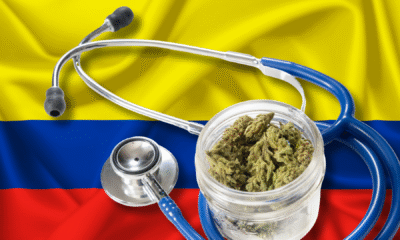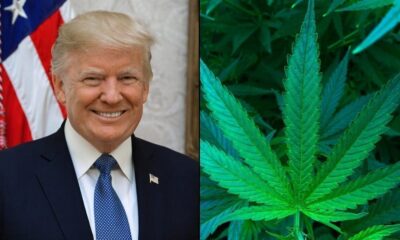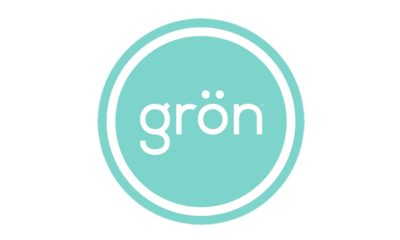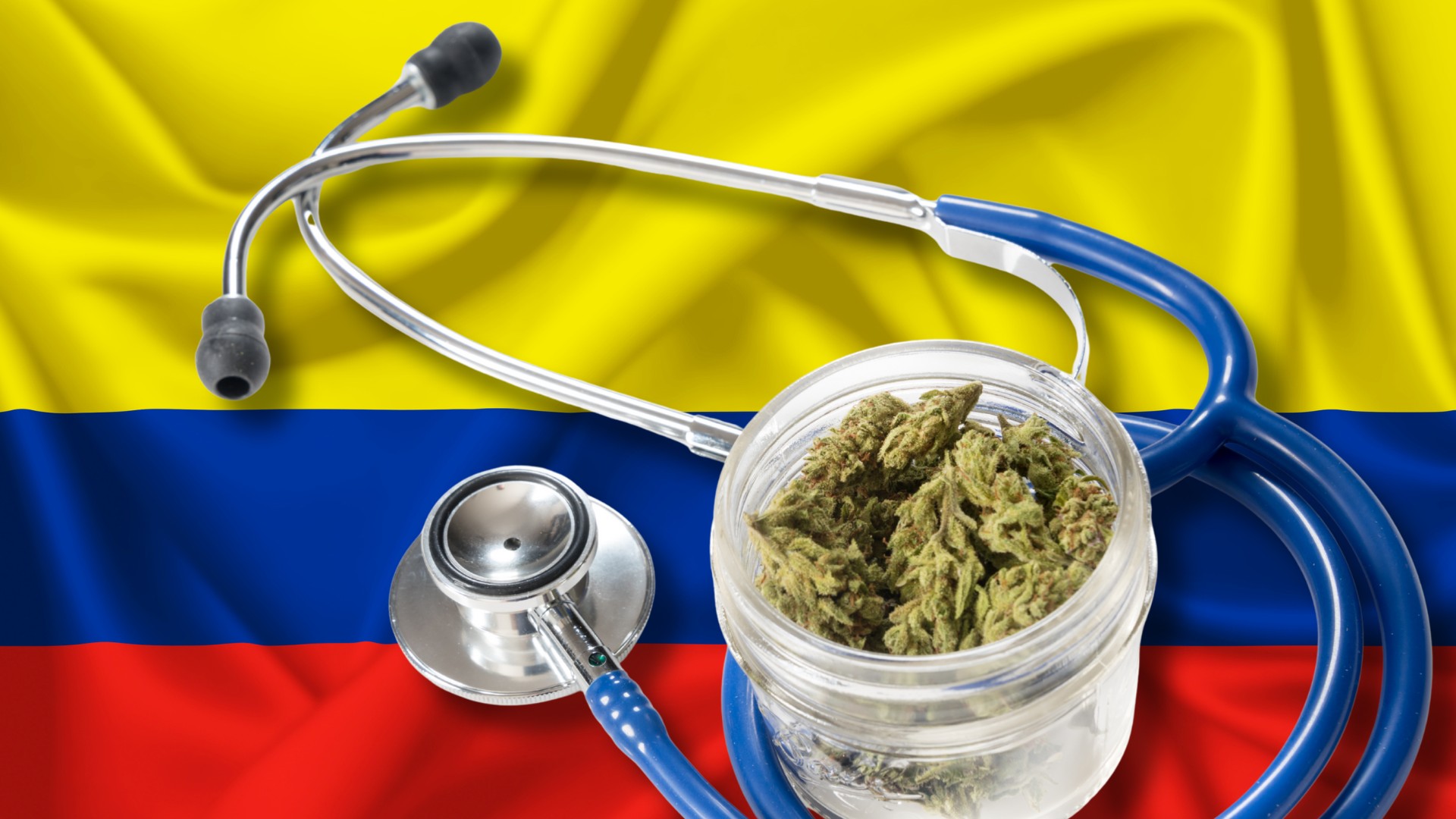If there’s one country with a contradictory relationship with cannabis, it’s Colombia. On one hand, medical marijuana has been legal since 2016, with the foundations for a thriving industry that already exports the plant to multiple countries. On the other hand, the same plant exported for medical purposes is not available to Colombian patients; and that’s without even mentioning adult use: Congress has tiptoed around the subject of legalization so many times we’ve lost count.
Last year, there were signs of change, with the proposed amendment to Decree 811 of 2021. The decree currently prohibits the sale of medical cannabis flowers in Colombia, and if amended, the flower could be legally available for distribution in clinics, hospitals, and pharmacies. Currently, medical cannabis is only accessible through derived products. No progress has been made on this front since October.
Now, it seems, the wait could finally be over. The Colombian government has reportedly drafted a decree that would allow the domestic trade of medicinal cannabis flowers under prescription, according to El Tiempo.
Although the decree has not yet been published, it is already being discussed in the media by various actors, such as Congressman Juan Carlos Losada. In an interview with El Tiempo, the legislator behind the measure noted that while the move is positive, it comes very late.
“It should have been published by the first year of the government at the latest,” he said. “The regulations for this new decree are still pending, which could take more than six months, or a year. In that sense, it is very likely that the regulations will have to be implemented in the next four years, which leaves a clear uncertainty.”
Why so certain of this uncertainty? Because within this timeline, the proposed regulation could fall into the hands of the next government, which is still a mystery.
Legalizing the Sale of Medicinal Cannabis Flower in Colombia: What the Decree Says
Under the new regulation, Colombian patients would be able to access unprocessed medicinal marijuana flowers with a medical prescription. The decree modifies the concept of “finished product” under a broader definition that classifies the plant as suitable for “human or veterinary consumption” with prior authorization.
One of the most innovative advances included in the proposal is a 1% THC limit for domestic commerce. Most countries impose a 0.3% limit to differentiate hemp from psychotropic cannabis: now, in Colombia, medicines with more than 1% of the cannabinoid will be considered “specially controlled.”
Likewise, cultivation licenses for the foreign and domestic markets are being expanded, including “activities involving the import or acquisition, by any means, of seeds for sowing; sowing; harvesting; post-harvest; storage; marketing; transportation; distribution; and final disposal,” El Tiempo reports.
However, only micro, small, and medium-sized growers with licenses granted by the Ministry of Justice and the National Narcotics Fund will be permitted to cultivate the plant during the first two years after the decree is signed.
All in all, this measure represents progress and hope not only for national industries forced to compete in the international market, but also for thousands of patients who, until now, have not been allowed to enjoy the fruits harvested on their own soil.

























































